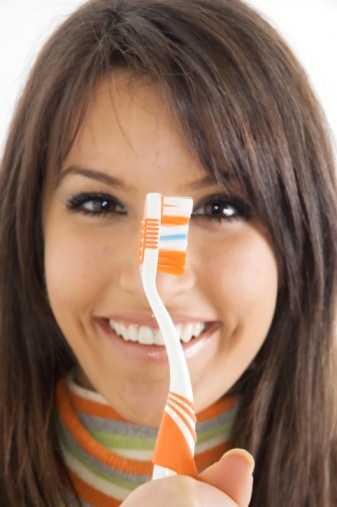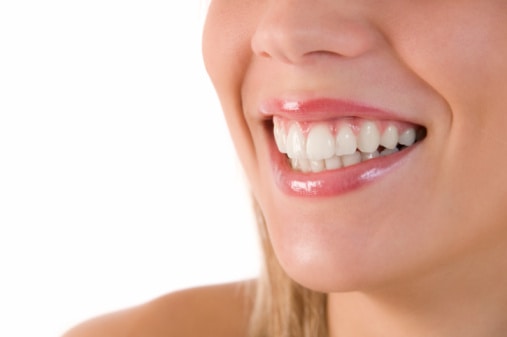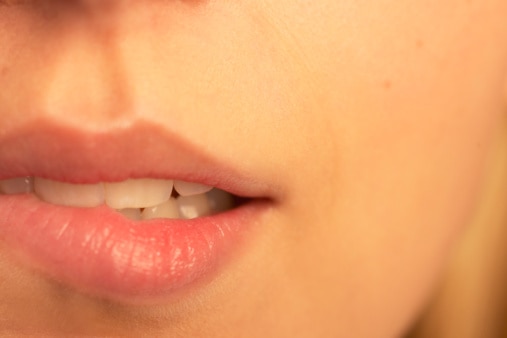
How to Chew Gum and Improve Your Oral Health
The first caveat for chewing gum responsibly is that it must be sugarless. Chewing gum with sugar is actually, one of the worst things you can do for your teeth since it constantly reintroduces acid and sugar into your mouth, eroding tooth enamel. Sugar-free gum, however, may have the opposite effect. Sugarless gum can help remove trapped food particles in between teeth and encourage saliva production. Your saliva washes away harmful bacteria and neutralizes acids. Therefore, increased saliva translates to a less acidic and less hostile environment for your tooth enamel.
Sugar Alternatives that Fight Cavities
Some sugar-free gum manufacturers have taken smile protection a step further by using sugar alternatives like xylitol. This natural sweetener actually attracts and traps harmful bacteria that cause tooth decay and starve them. You can read the nutrition facts on the back of your gum to make sure xylitol is an active ingredient.
Avoid Contributing to TMJ Disorder
The second requirement for healthy gum chewing is to spit it out. Once you pop a piece of gum in your mouth, pay attention to the time. Make sure that you do not chew gum for more than 15 minutes at a time. Chewing gum for any longer can actually put stress on your jaw muscles. Excessive jaw muscle tension leads to dental health conditions such as TMJ disorder and teeth grinding. Continue reading “Is Chewing Gum Good For Your Teeth?”
 Phone:
Phone: 













